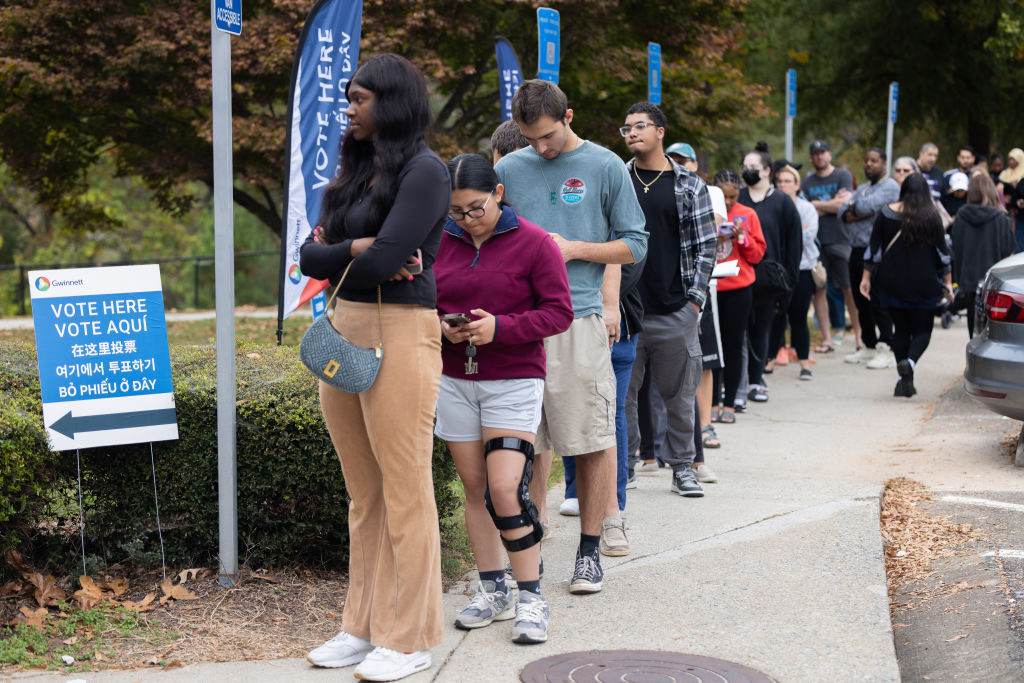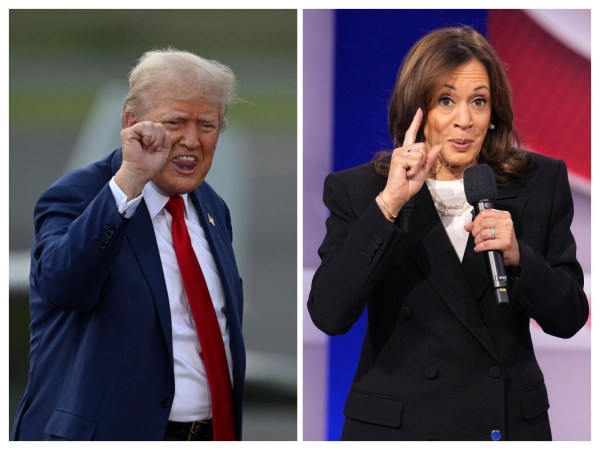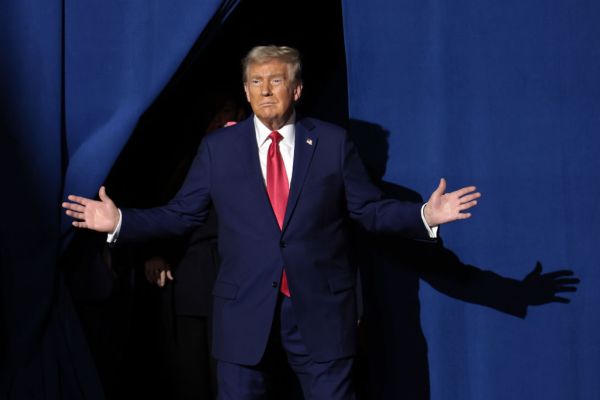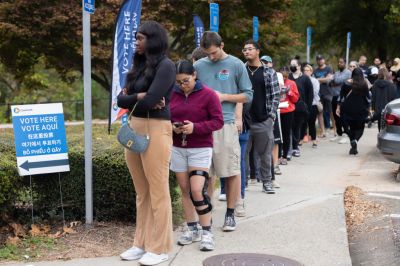In this life, there are typically two kinds of problems that are within our control: knowledge problems and problems of the heart.
If you don't know why your dishwasher keeps flashing “F2” at you when you push start instead of offering the satisfying suck and whir that means it’s obliterating the manicotti morsels from your plates, you have a knowledge problem.
If you see the error message, turn off the machine and quietly walk away, leaving the food to fossilize on the dishes until your spouse or someone else comes along to repeat your discovery, then you, and your family by extension, have a heart kind of problem.
People of all times, particularly those blessed and cursed with strong opinions, have always been more willing to see knowledge problems than heart problems: “If only those poor souls knew the truth! If only we could teach them!” Give a man a clean plate and he stacks it away, teach a man to de-gunk the filter on a Whirlpool 5100, and he has clean plates for a lifetime.
But, of course, 100,000 years of human experience tells us the painful truth. Knowledge is not only insufficient to solve our problems, it often makes them worse. Yes, when we have incorrect knowledge, it is worse than pure ignorance. But, perhaps worst of all is partial knowledge.
Today, we will finish casting and start counting 150 million or so votes from Washington County, Maine, to Adak Island, Alaska. And it is fair to say that nobody knows exactly what will happen. People might think they know and can marshal facts and figures to support their beliefs, but they are just that: beliefs.
Right now, many Americans are frustrated with people like me who do the work of forecasting elections because for several weeks we have been telling you the same thing: It looks very close but it may not actually be very close.
That’s because public opinion polls and elections do different things. Polls seek to find out what people think while elections reflect what people do. Polls seek knowledge. Elections are contests.
We spend an unhealthy amount of time talking about polls in American politics, and in a race that appears to be as close as this one, the talk often focuses on polling error. Fair enough. The polls have failed to accurately predict the results of the past two presidential elections. But they’ve also failed to predict with any truly precise degree of certainty the results of any national election. Because, again, polls and elections are measuring different things. You might forget that, though, given the way politicians and we in the press talk about them.
Whoever wins this election will probably claim that “the American people have spoken” and claim a mandate for this or that policy or this or that attitude. Barring a forecasting error unseen in the history of data science, that will, of course, be absolute hogwash.
In an election that is likely to tip ever so slightly one way or another because of a gentle breeze of a few points in seven swing states is no kind of mandate for anything. You want a mandate, check out the 1984 map when the losing candidate lost every state except for his own, and held on only by his fingernails there. Ronald Reagan could say he had a mandate to stay the course in his policies for a second term. Nudging Wisconsin or North Carolina one way or the other by 15,000 votes in an open-seat election is, at best, a mandate for not being the other candidate.
In elections, particularly close ones, we look for the will of the people, but find unsatisfying answers. Our binary system herds people into big, unwieldy electoral coalitions, which, except for in very rare cases, don’t line up around one or two specific issues.
But I, for whatever it’s worth, think that’s a good thing.
I know well the limitations of public opinion research and how, even if you could manage to guess and grind your way to a perfectly representative sample, polls would still prove misleading. Take the Afghanistan withdrawal. At the time of the debacle, public opinion was split, with a bare majority in support. But prior to that, national opinion was squarely behind the move. In the aftermath, though, public judgment was just as sharp, but in the other direction.
The current and former president both hid behind the polls that said Americans wanted us out of Afghanistan, defending their policies of withdrawal as answers to public sentiment. But when the act went predictably awry, voters had no compunction about reversing themselves. And that’s fine, because crafting foreign policy is not their job. It’s the president’s.
Public opinion research is good for getting a general sense of attitudes about unimportant things. When Whirlpool executives want to know whether people know how to operate their appliances, a poll can tell them. A poll cannot tell them whether those people will actually answer the call of the blinking F2 and pull a slimy filter out of the bowels of their 5100 or leave it for a more conscientious member of their family. Indeed, the ones answering the poll wouldn’t really know themselves. They might like to think they would, but the heart has its own ways, especially when confronted with manicotti slime.
The purpose of elections, especially for the presidency, is not to take a survey about the “will of the people.” We have elections to confer legitimacy on the leaders of our government and to act as a check against their abuses or incompetence once they are in office. Our presidents are not representatives tasked with carrying out the national will, but custodians of power granted to them in our constitutional system.
It would be comforting if government was a knowledge problem—to believe that if only data science could perfectly tell us what people want, then we could be happy and well governed. The truth is that the ills that afflict us are more problems of the heart—reflections of the characters of our leaders and our people. Neither the results of any survey nor the outcome of any contest will bring us any closer to doing the hard work those problems demand.
What we might hope most of all this week, other than a swift and decisive result, is some grown-up thinking about where our troubles rest.







Please note that we at The Dispatch hold ourselves, our work, and our commenters to a higher standard than other places on the internet. We welcome comments that foster genuine debate or discussion—including comments critical of us or our work—but responses that include ad hominem attacks on fellow Dispatch members or are intended to stoke fear and anger may be moderated.
With your membership, you only have the ability to comment on The Morning Dispatch articles. Consider upgrading to join the conversation everywhere.